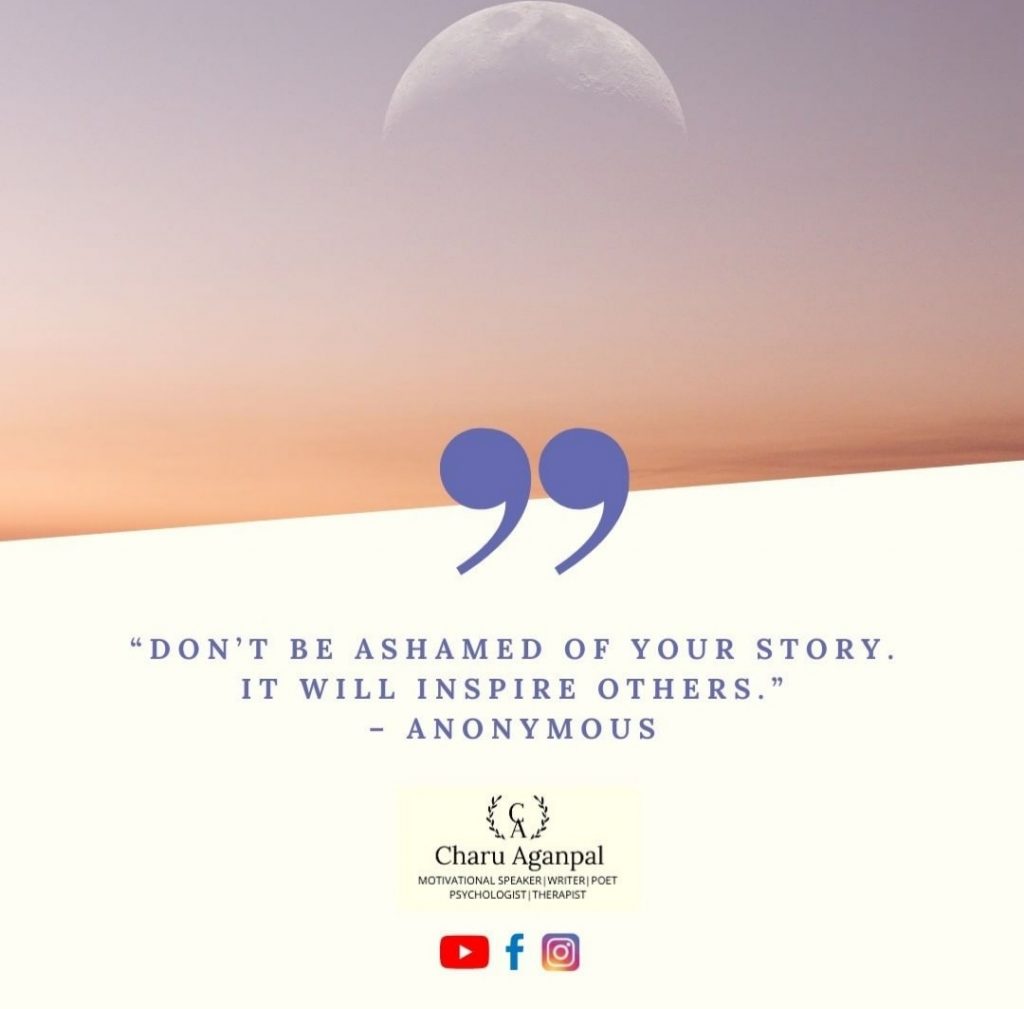Social Media and Psychology
The average individual spends over 2 hours on social media each day. Which means the individual also spends 2 hours each day building unhealthy thoughts. One can argue that social media platforms are a great place to share thoughts, ideas, emotions, one’s #OOTD, and glimpses of amazing moments in one’s life- but the outcome of this is that it leaves one with a feeling of inadequacy. Social media creates a utopia that slowly poisons the mind. It projects only the best moments of something while hiding the ugliness of reality and the harshness of life. This makes a user feel like their life has so far been pointless, and will be hopeless too.
Depression, jealousy, anxiety and physiological effects on the body are common results of increased social media usage. Studies have shown that people even experience a form of withdrawal syndrome when stopped from using social media platforms like Facebook, Instagram, Snapchat, Reddit, etc.
When on social media, we end up comparing every aspect of our lives to friends, friends of friends, and even to that of complete strangers on the internet. We come to the binary conclusion that we are either better or worse off than the other. This throws us into a vicious cycle of self-doubt.
During the pandemic, social media has played a hugely positive, and an equally negative role. It saved people from the pain of isolation, from losing a source of income, and from absolute boredom. On the other hand, it also turned us into addicts, depressed about the life we want but don’t have, and anxious about our appearance, intelligence and social status.
For young adults, social media is a ubiquitous aspect of everyday life. It helps in building community relations, communication skills, interests, ideas and understanding and appreciating cultures and thoughts. It also negatively impacts the development of teens by helping foster rumors, bullying, and impacting relationships making them meaningless. Social media pressurizes us into presenting our lives a certain way to people on the internet, which causes further mental illness.
20% of adults who have a minimum of one social media account feel the need to check them at least once every 3 hours to avoid feeling anxious. This is a condition that has its own name now- Social Media Anxiety Disorder. The symptoms for this include:
- Feeling the necessity to check social media during conversations
- Withdrawing from friends and family
- Spending more than six hours a day on social media
- Losing interest in favorite activities
- Experiencing severe nervousness and anxiety when unable to check social media
‘Facebook Addiction Disorder’ is another one of the latest impacts that social media has on mental health. Neglect of personal life, mental preoccupation, escapism, mood modifying experiences, tolerance and concealing the addictive behaviour are all signs of this disorder.
ADHD (Attention deficit/hyperactivity disorder), impulsive disorder, paranoia and loneliness can also result from the time spent scrolling through posts. Most disorders caused due to excessive social media usage go overlooked or are not adequately treated.
There are various ways to deal with such addiction to help bring it under control. Some methods would be:
- Setting strict limits on usage time
- Avoid falling into a loop of negative posts
- Remember that what you see isn’t real/isn’t the whole truth
- Be aware of how it makes you feel about your body, identity, preferences, etc
Users of social media, young or old, must always be mindful of the posts they make and the conversations they hold with others. While on such platforms, keeping in mind the fact that everyone is equally human is important. Your life is worthy and you too are perfect just the way you are.
Make an appointment with us today
Charu Aganpal
2142, Sector-28, HBC (Near Geeta Hospital) Faridabad
To book your appointment, call or message on: 9999409435



